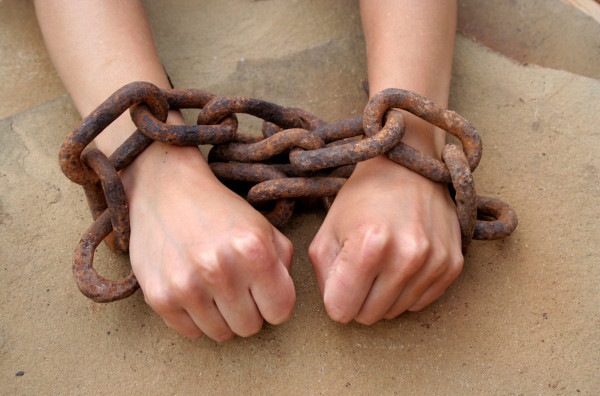Emotional addiction - how to get rid of it
Psychologists say that all problems come from childhood. Any person needs love, opportunities for self-realization, security, friendship, trust. If in childhood this is not received from the mother, from the family in which the child grows up and is brought up, then in the future he will have numerous problems. Emotional dependence is characterized by a state in which all your thoughts, actions and desires are associated with an object or object. And any kind of addiction is an attempt to mask the problems inside.
Content
Emotional addiction - how it arises
Emotional dependence usually manifests itself in such a way that a person is not able to find pleasant, kind, warm feelings within himself, he looks for them in the outside world. This means that a person is looking for internal experiences from the world around him: from the actions of other people, some external events, and not within himself.
Psychologists distinguish the following types of addiction:
- from various substances: food, alcohol, drugs;
- from receiving any feeling: love, approval, attention;
- from various activities: gambling or computer games, for example;
- from sex;
- from money, as an indicator of value, success.
The main reason for the emergence of this kind of addiction is the lack of personal emotions. Life begins to boil down to finding a person or occupation that could fill the inner gaps.
Emotionally dependent people, more often than not, do not have a goal in life, they strive to live the life of another person, to experience the same feelings and emotions as he did. Such people seek experiences outside of themselves. Emotionally dependent people tend to look for their "soul mate" in order to feel like one whole. However, attachment can result in a person who is emotionally dependent, waiting for the object of his sympathy and love to constantly stimulate the ability to love. In other words, the emotionally dependent person believes that his ability to love depends on the actions of the object of his love.
How to get rid of emotional addiction
In order to free yourself from an all-consuming emotional addiction you need to:
- Admit to yourself that you are addicted. One of the hallmarks of addiction is denial of addiction.
- One of the main tasks for you at this stage will be to understand your I, namely your desires, needs, feelings. You have to learn to talk about your own desires and interests when dealing with people, learn to take care of yourself.
- It is important to learn to cope with situations when at the same time you are experiencing opposite feelings. Many at such moments crowd out one of them.
- An equally important process will be taking responsibility for your own life, and at the same time, refusing to take responsibility for the lives of other people. Thanks to this, you will learn to avoid conflicts, insults.
- Dealing with childhood trauma that left its mark on adulthood. It is necessary to mourn and accept it.
- Learn to build relationships with a partner. But in order to do this, you need to go through all of the above stages, sharing responsibility and being prepared for difficulties.
Emotional addiction: psychological "prevention"
The most important thing that you can do for yourself is to maintain your inner core, stay in balance and not lose yourself. Who knows us better than ourselves? Make friends with yourself, learn to see yourself with kind eyes, support yourself, approve, sympathize, love. Of course, we all want to be loved and to love ourselves, but it is important to see the line when it turns into addiction.
In order for your child to grow up in a healthy microclimate and ensure a successful future for himself, you need:
- have a relationship of trust, care and love your child;
- accept the baby as he is;
- not prevent the child from expressing emotions openly;
- Encourage new interests and give more positive responses;
- provide security and protection;
- try not to judge, and accept the point of view, even if you disagree;
- be interested in the desires and interests of the child;
- determine what the child should not do and directly explain why this is so.





